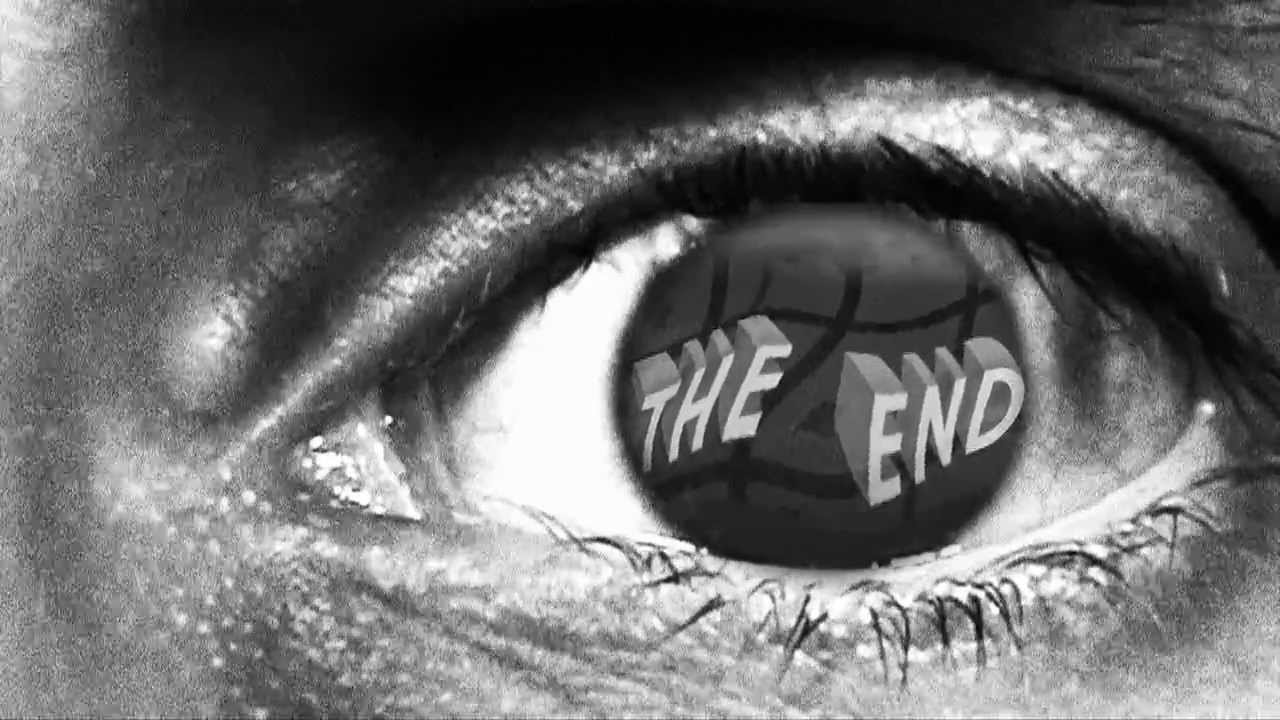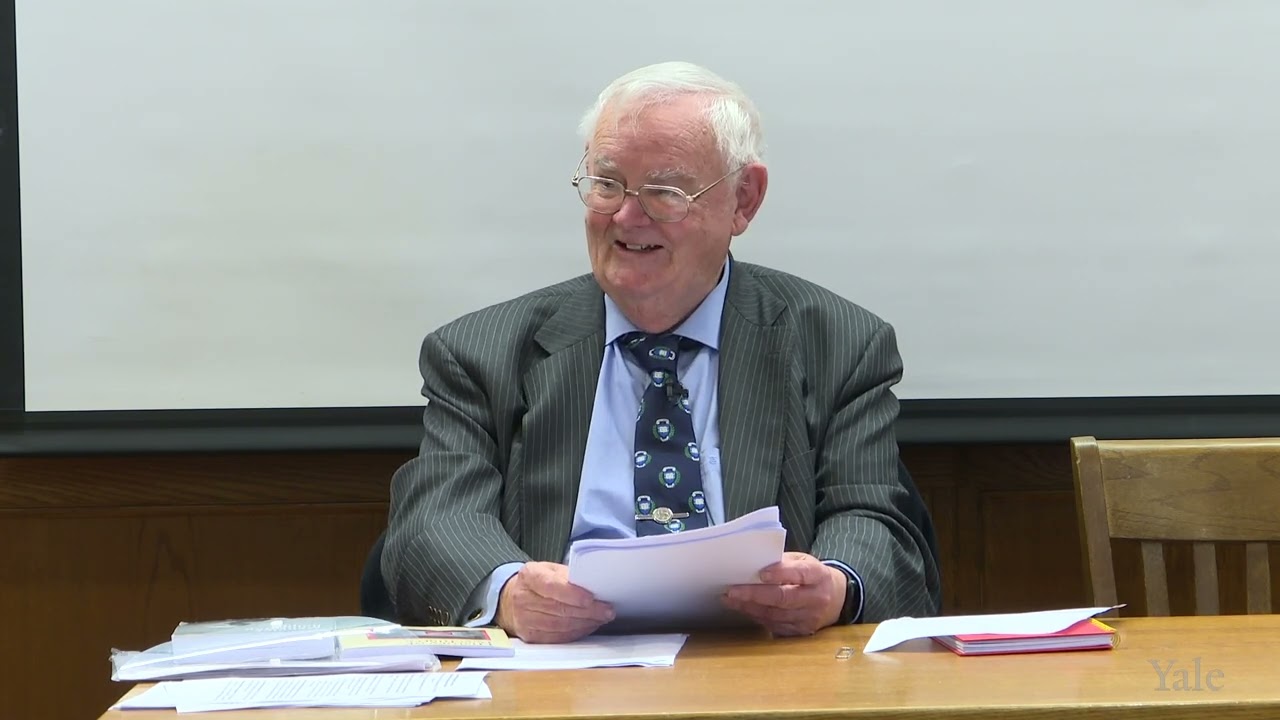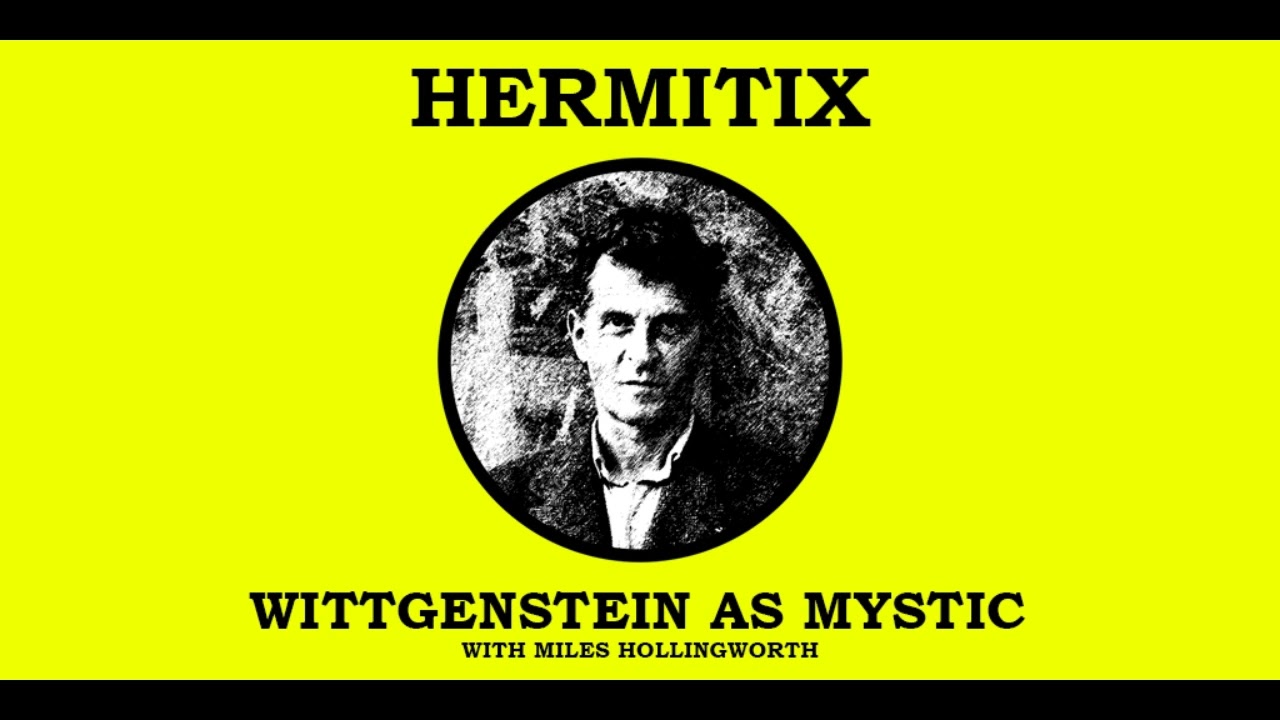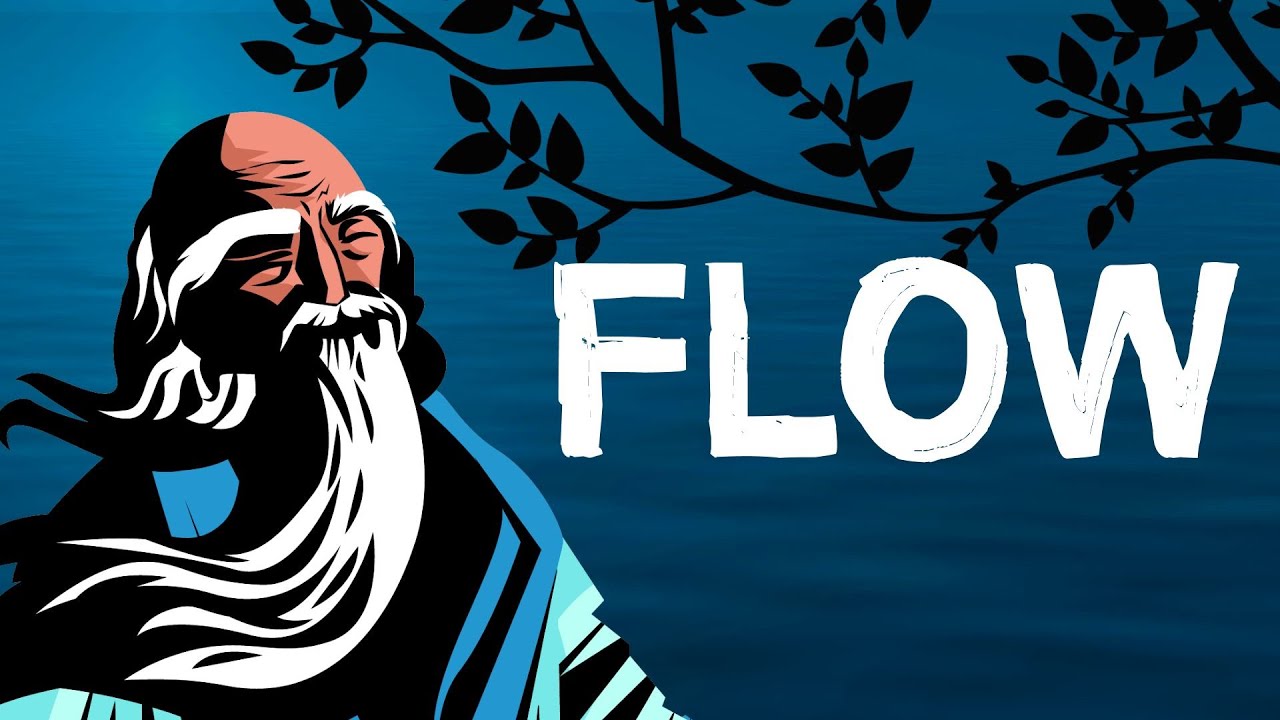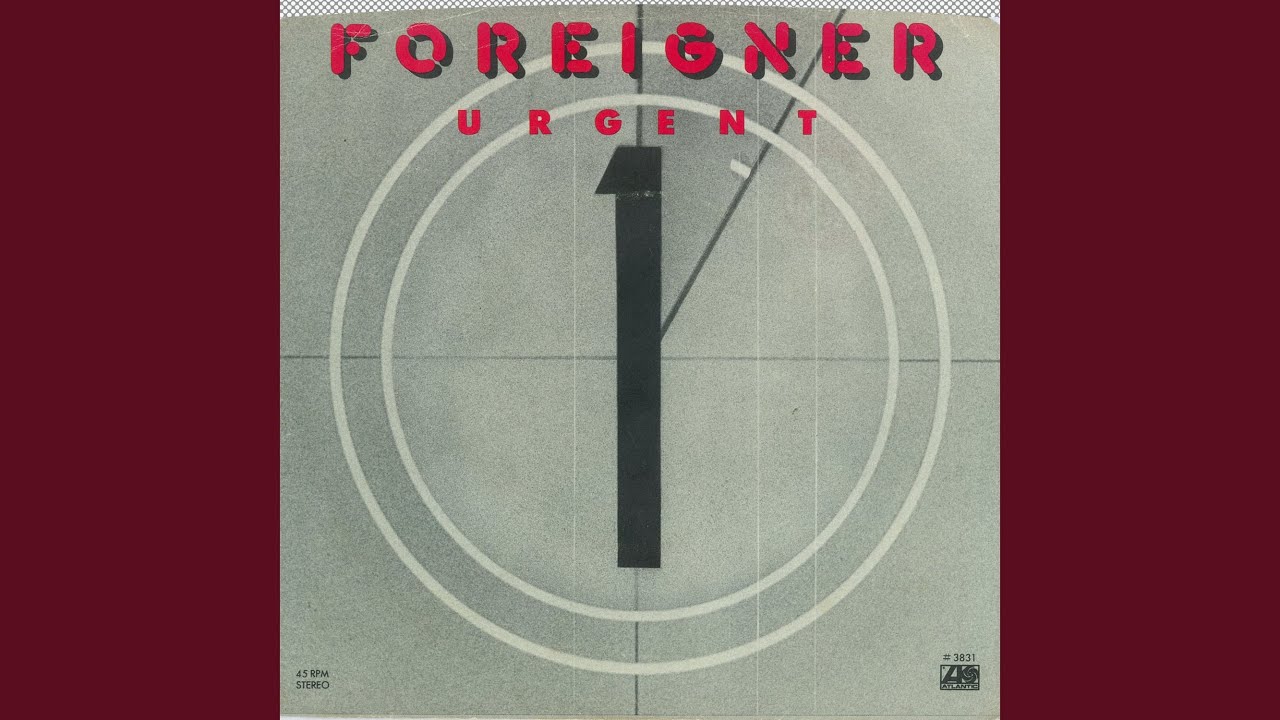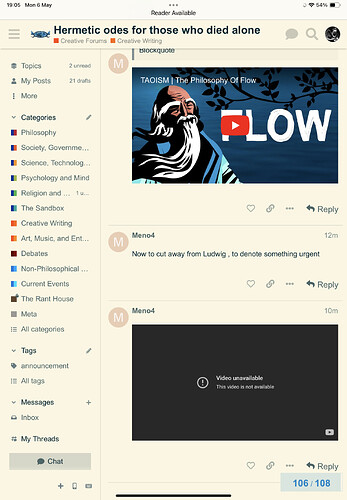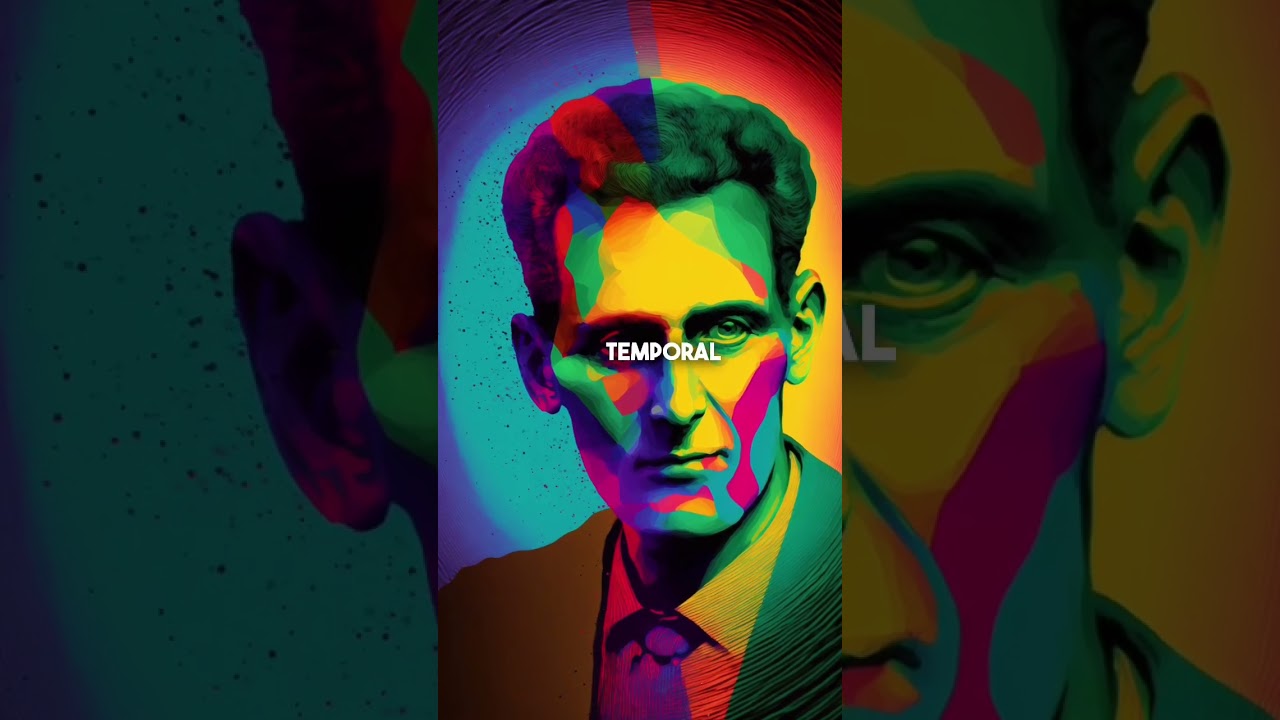Virtual reality to reality is like a relation of a still to a film.
Cutting the flow of ideas creates a still undeveloped form of that idea, not reducible to hearing or expressing that flow, which only becomes understood through communicating them through the very channels that can evoke them.
The cut print of a still can only convey artifacts cut off from the flow, becoming imaginative images that are superimposed leading to more and more abstracted essential pictures ( of the imagination)
How this happens is comparable of retaining the still image cuts toward a closer aesthetic distance of the pictures’ pointillistic grain, where by the opposite occurs, the perception will be lost slowly, as the grains become more obvious, and the figure start to melt away it’s cohesive abstraction, becoming less and less understandable.
<>
At this point the fear of the cut, of still cutting away from the flow of ideas,starts to fear again the loss of ability to recollect from ever loosening ideas that can refer to more and more intrinsically connected associative , pictures in closer proximity… these points of reference , again recycle , try to reassociate when they are somehow lifted from an a logical toward and into digital format, But for that to occur, a quantum jump has to occur, as the theoretical assumptions’
increase to close the gap between degrees of validity of desired outcomes/objectives.
The holographic analogy to this aesthetic pointillism, does not land on deaf ears, and this is why the art preceded the theoretical hypothesis, in the graded sequence of development.
On the other hand huge, less grounded assumptions create a major step , demanding larger scoped different ally required sets of solutions, as to conform with faster evolutions of required technical adaptations .
So initial hypothesis have to come from far deeper senses that logical premises to more specific technical requirements are able to come up with, and this increasingly enlarged rate of growth of the ballooning effect, inversely works to to revise expectation and verification.
Verification gradients revise theory, of particulars, while the hard wired essential form remains , still, do as to retain the original causal modality
Supranatural and supernatural flows to sandwich an eternally wiped state, so as to account for the changing optical difference between the ‘real’ and the ‘virtual’
At this point my hesitancy to cut the still continuous film has lessened, for recall has lost somewhat its most fearful aspect l, that of the effect/affect that review had to recall.
~<><~
With Wittgenstein at the end of the world
This article is more than 23 years old
George Steiner on a discreet jewel: the account of Wittgenstein’s visits to Ireland in Philosophical Investigations by Richard Wall
George Steiner
Sat 27 Jan 2001 20.18 EST
Share
Philosophical Investigations
Richard Wall
Blackwell, £16.99, pp250
Buy it at a discount at BOL
Is it the ever-changing light and the dark seas? Ireland has long been home to solitudes and to the kind of logical and metaphysical play that breeds on solitude. The lineage stretches from Duns Scotus (the name is, in fact, a misnomer) to Bishop Berkeley and Beckett, that virtuoso of aloneness and negativity.
Wittgenstein’s visits to Ireland began in 1936 and resumed in 1938. The years 1947 to 1949 found Wittgenstein spending months in Dublin and Co Wicklow. Time and again, he considered establishing himself in Ireland, possibly to practise psychiatric medicine. Much of the work which led to the Philosophical Investigations was done in Ireland.
Together with Norway, the Ahling Hotel in Dublin and almost inaccessible cottages near Galway proved to be Wittgenstein’s refuge from what he felt to be the falsehood of his professorial existence in Cambridge. Consciously or not, Wittgenstein strove to recapture the condition of the hermits and visionaries who are recurrent in Irish legend and history. To be thought somewhat mad in western Ireland was to be made welcome.
Yet, as Richard Wall’s enchanting and perceptive record makes clear, Wittgenstein’s actual visits had a context of intimacies. He was introduced to Irish life by his pupil, Maurice O’ Connor Drury, whom he discouraged from studying philosophy, ‘a dishonest and pointless occupation’, and directed towards medicine. Subsequently, he travelled with Francis Skinner. It is one of the as yet rare victims of Wall’s account to be perfectly calm and factual about this crucial, though undoutedly opaque, element in Wittgenstein’s tormented private life. When Skinner died young in 1941, Rush Rhees reports Wittgenstein’s conduct at the funeral as that of a ‘frightened wild animal’. From the time of David Pinsent’s death in 1918 onward, Wittgenstein’s thirst for monastic isolation and the uttermost stripping bare of human contacts had, at its roots, a sense of tragic loss and of love gone to darkness.
![]()
00:14
03:12
Read More
Analogously, it was in deliberate counterpart to the truly immense wealth of his family background, to the opulence of his upbringing in late imperial Vienna, that Wittgenstein embraced asceticism and even destitution in regard to material circumstances. Roast chicken would not do when Drury made his master welcome. Porridge, vegetables and a boiled egg at supper would suffice. Rosroe, in the great shadows of Mweelrea Mountain, was at the time of his stay at the end of the world. Even today, the hamlet cannot be reached by public transport.
Virtually all of the incidents and obiter dicta narrated in this vignette have figured in previous biographies and memoirs. Yet they retain their unnerving strangeness. Unrecapturable to those who did not experience it directly, Wittgenstein’s charisma, the sheer spell of his outwardly meagre presence must have been extraordinary. How else can one explain the impact on other men’s and women’s personal lives and memories of quite banal advocacies for decency, for truthfulness, for absolute scruple in the handling of language, a good many of which closely reflect Wittgenstein’s imitation of the later Tolstoy? When, however, it comes to politics, a number of Wittgenstein’s pronouncements, emitted in both Cambridge and Ireland, are simply stupid. No other word will do. Not only did Wittgenstein, on a by no means cursory visit to the Soviet Union in 1935, grasp little of the nature of the regime, but the ascent of Nazism left him either indifferent or blind. To the very last moment, he dismissed the possibility of Hitler’s Anschluss of Austria or, after the event, that his family might be in any danger! A man capable of saying that to loathe Hitler was as futile as being in a rage with God does seem capable of saying almost anything.
Richard Wall lives in Austria and publishes also in German. He is a designer and a painter as well as a writer. The title of his most recent publication, HerzAsphaltMorder GrubenRhapsod ie, HeartAsphalt MurdererPitsRhapsodie, does suggest an elective affinity not only with the daemonism of Ireland. The black-and-white photographs which illustrate this monograph are near to amateurish. This enhances their persuasion. The gloom of St Patrick’s Hospital in Dublin (a vital venue both in Wittgenstein’s flirtations with the medical profession and in his own search for peace of mind), the misère of Rosroe, are shown unadorned, but so is the silent wonder of the Wicklow Mountains and of Kylemore Lake.
With Terry Eagleton’s witty Wittgenstein novel, Saints and Scholars, and Richard Murphy’s poem ‘The Philosopher and the Birds’, Wall provides an unforgettable understanding of ‘Irish Wittgenstein’. It is a discreet jewel.
Ludwig Wittgenstein’s philosophy in the light of the diagnosis of Autism
[journal article]
Silva, Gustavo Augusto Fonseca
Abstract
Psychiatrists such as Michael Fitzgerald, Christopher Gillberg and Yoshiki Ishisaka diagnosed Ludwig Wittgenstein posthumously with Autism Spectrum Disorder (ASD). Taking this diagnosis into account, the present paper discusses how Wittgenstein’s philosophy reveals his cognitive difficulties. Wittge… view more
Classification
Philosophy, Ethics, Religion
Free Keywords
Ludwig Wittgenstein; Autism; Literal understanding; Analogies
Document language
English
Publication Year
2023
Page/Pages
p. 39-58
Journal
Griot: Revista de Filosofia, 23 (2023) 1
ISSN
2178-1036
Status
Published Version; peer reviewed
Now to cut away from Ludwig , to denote something urgent
Cut!
To point to the imminence of loosing keys -keep glimmering as fireflies in the dark.
Meno blew a big bubbly sack , sadly up, when he began asking the questions:
Reposing all future questions to wannabe specificity to accord with the initial doubt, regarding de Anima, not yet realizing the curiosity of the cat around the tray of milk, and then not wary of Tao, arabirius and Ying Yang.
But that such travesty be done and permitted, brings back other questions of why certain keys be lost, and humongous attempts expanded in their recovery,
And here we are to the last men, still, as stills off films can flow to continue.without getting the bends
We simply must recover keys to the Kingdom, that presupposition is written on unfathomable tablets .
Echo may have hade no idea along with Meno, but that Abraham knew it in another sense, there can be or must not have been any doubt.
Either for those trivial signs, points, of concern that illuminate a Seurat , many countless points of reference which coul’ev been apprehended by abstraction, compression and decompression, alas, all without hindrance
.
Sorry I asked…? ![]()
.
I guess One would have to see it to believe it… the video, that is. ![]()
Lel
Something went south with the video, sorry MagsJ will see to if re parable.
Nope, tried to re move it to no avail.
but the show must go on re guard less.
<><>
…a chic geekMagsJRegular
I don’t get the goal, in doing that, on here? …or the reason?
…he’s always been an odd guy [character?], though. ![]()
![]()
Vampires are not weird only misunderstood, fighting against being the odd man > out. (typing)
Once you saw it you’d never believe it OR forget it.
( the goal ).
[quote=“Ichthus77 (formerly She™), post:1, topic:80089, full:true, username:Ichthus77”]
It’s so hard to decide between psychology and society, and between ethics and politics. So I put this in Philosophy regarding ad hominem.
If we diagnose the problem rather than the person to avoid ad hominem, how much of the way we do things would we have to rethink?
Is considering someone an Alpha or Type A personality ad hominem? Is personality typing like “I am an INFJ” ad hominem? Are population statistics which determine where funds are sent ad hominem?
—-
MagsJ
(tried to rather PM you but it’s restricted and of no avail to do so)
<>
“Shouldn’t we be correcting the errors/incongruencies in thinking, values, and behaviors, rather than conducting ad hominems?
Is thinking attuned to the character of viciousness & virtuosity ad hominem? Is it only ad hominem if we do not allow for malleability in either direction (for anyone excepting …”
[/quote]and
Ishthus
<>
Guess this objective may linger ( the melange between phil&psyche)
———
thinking (cap)
Suppose the charge of intellectualism may refer to some exceptions which regard it as a poor subsitute or recompense
Now meno could be hard pressed to blow up his horned balloon, where the charge of an extraordinary communication would be totally ex-communicated, where all signs point toward I T, and not E T
(that difference becoming trivial on the way up the ladder as it approaches IT)
Sadness for Werther for the trivial allusion
(So much for Wagner’s comment on Nietzche)
Oh, never Mind, -the brain
…did you receive, mine?
.
If so… reply back / if you didn’t… then you can’t.
